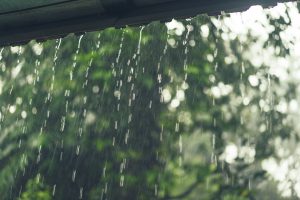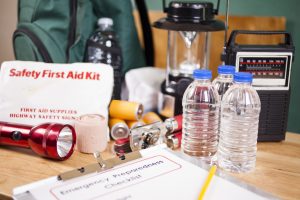As the rainy season sets in across the Philippines, it is essential to prioritize your health and safety. The season brings with it potential illnesses and accidents due to slippery roads, flooded streets, heavy downpours, and the increased presence of mosquitoes in stagnant water. Being proactive can safeguard not just yourself but your entire family. Here are practical health tips to help you stay safe during the rainy season.
Tips for Staying Safe and Healthy During the Rainy Season
1. Avoid going out during heavy rains unless absolutely necessary.

If your plans are not urgent, it’s best to stay home. This helps you avoid getting stranded due to severe traffic, inaccessible roads, or a lack of public transportation. Staying indoors also minimizes the risks of road accidents on slippery streets and prevents exposure to floodwaters, which can carry diseases.
2. Wear appropriate clothing for cold weather and rain.

If going out is unavoidable, dress for the conditions. Wear a jacket or sweater to keep warm, and use a raincoat or umbrella to stay dry. In case of flooding, ensure you wear waterproof boots to protect your feet from dirty water.
3. Eliminate standing water immediately.

After the rain, check your surroundings for stagnant water. Dispose of it promptly to prevent it from becoming a breeding ground for mosquitoes that may carry diseases like dengue. If you plan to use collected rainwater, such as for watering plants or laundry, ensure it is covered and used quickly.
4. Maintain cleanliness in your surroundings.

Keep your area clean at all times. Dispose of garbage properly to prevent clogging drains, which can lead to flooding during heavy rains. A clean environment also helps reduce the presence of pests such as rats and cockroaches, which can spread diseases.
5. Prepare emergency supplies.

Power outages and river overflows are common during consecutive typhoons, often leading to evacuations. Be ready by assembling an emergency kit that includes a flashlight, batteries, a portable radio, a first aid kit, non-perishable food, clean drinking water, blankets, and essential medications.
6. Monitor PAGASA and local government announcements.

Stay updated on weather forecasts and government advisories about rainfall, flooding, or evacuation orders. Keep an eye on school and office suspension announcements to avoid unnecessary travel during adverse weather conditions.
The rainy season poses several challenges, but with proper preparation and vigilance, you can keep yourself and your family safe. By staying informed, maintaining cleanliness, and preparing for emergencies, you can reduce risks and enjoy peace of mind despite the season’s unpredictable weather.


